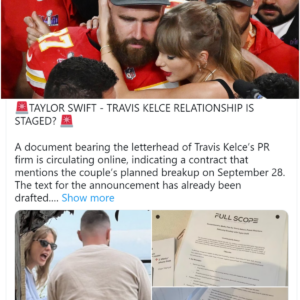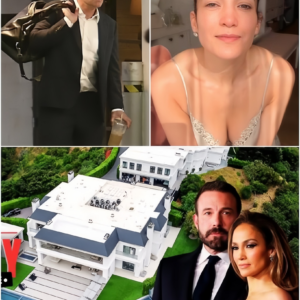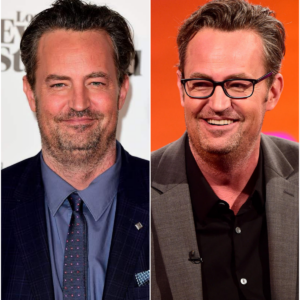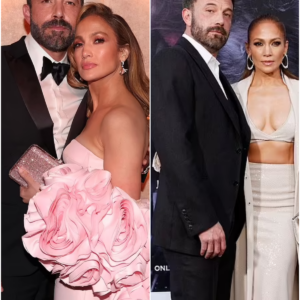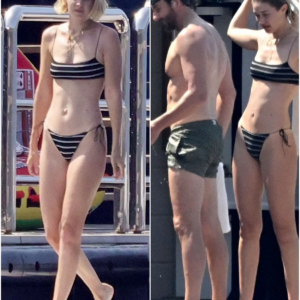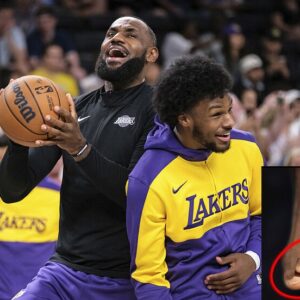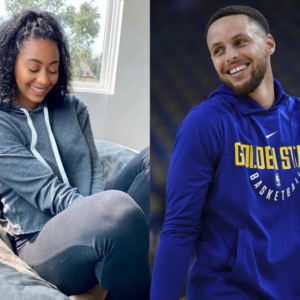In a shocking turn of events, Teraji P. Henson’s recent revelation about contemplating walking awayfrom Oprah Winfrey’s new project has reignited the controversy surrounding Mo’Nique’s claims from almost 15 years ago.

Mo’Nique, who won an Oscar for her role in the 2009 film “Precious,” publicly accused Oprah Winfrey, Tyler Perry, and Lee Daniels of blacklisting her in the industry after she declined to work for free on the film’s international press tour.
The saga began when Mo’Nique asserted that she had fulfilled all contractual obligations for “Precious” and declined additional unpaid work, leading to a campaign to label her as difficult and uncooperative. The fallout resulted in a heated confrontation on “The View,” where Whoopi Goldberg, a co-host, tried to school Mo’Nique about the entertainment industry’s expectations.
During the intense exchange, Whoopi suggested that Mo’Nique should have complied with the additional requests for free work, emphasizing that it was part of her job. Mo’Nique fired back, rejecting the notion that she should work for free, stating, “If they’re not paying you, baby, that’s called slavery.”
Steve Harvey, another industry figure, initially expressed agreement with Mo’Nique in private but later criticized her on air, accusing her of burning bridges. Mo’Nique confronted Harvey on his show, highlighting the lack of support from those who privately acknowledged her plight.
With Teraji P. Henson’s recent revelation about contemplating leaving Oprah’s project due to alleged lowballing, social media has erupted with calls for Mo’Nique to receive the apology she deserves. Supporters argue that Henson’s experience echoes Mo’Nique’s claims from years ago, pointing to a pattern of exploitation and mistreatment within the industry.
As the public awaits responses from Oprah Winfrey, Tyler Perry, and other industry figures, Mo’Nique’s saga serves as a stark reminder of the challenges faced by black entertainers in Hollywood and the importance of standing up against exploitation, even at the risk of being labeled as “difficult.”
The question remains: Is Mo’Nique finally being vindicated, and will her industry peers acknowledge the validity of her claims?
News
Leaked Media Plan Says Travis Kelce & Taylor Swift Will Announce Their Breakup This Month – But His PR Company Says It’s Fake
Are we in the final month of Tayvis? UPI/Alamy Live News Ever since going public with their relationship last year, Taylor Swift and star Kansas City Chiefs tight end Travis…
Ben Affleck is pensive while leaving his office after ‘moving his things out’ of $60M mansion he shared with Jennifer Lopez as she smiles in new video
Ben Affleck and his ‘estranged wife’ Jennifer Lopez seem to be on two different planets these days The 51-year-old Oscar-winning star looked far from thrilled on Thursday…
Doctor and ‘ketamine queen’ to face trial next year over death of Matthew Perry
A doctor and a woman dubbed “the ketamine queen” will face a joint trial in March 2025 following the death of Friends star Matthew Perry, a judge…
EXCLUSIVERHOC’s Tamra Judge, 57, reveals pain from ‘brutal’ brow lift and CO2 laser treatment – as she swears off having more plastic surgery
Real Housewives of Orange County star Tamra Judge has vowed to stop going under the knife after a ‘brutal’ brow lift, CO2 laser facial and chemical peel left her in…
Jennifer Lopez and Ben Affleck’s split could ‘get ugly’ due to lack of prenup ahead of their Las Vegas elopement
Jennifer Lopez and Ben Affleck are doing their best to amicably divide their assets, but the process hasn’t been easy. As the stars negotiate the end of their two-year marriage with…
Gigi Hadid, 29, and Bradley Cooper, 49, pack on the PDA as she shows off her stunning bikini body while on family getaway in Italy
Gigi Hadid bared her bombshell bikini body as she and her shirtless boyfriend Bradley Cooper frolicked on a yacht off the Italian coastline during their summer holiday. The 29-year-old supermodel,…
End of content
No more pages to load
